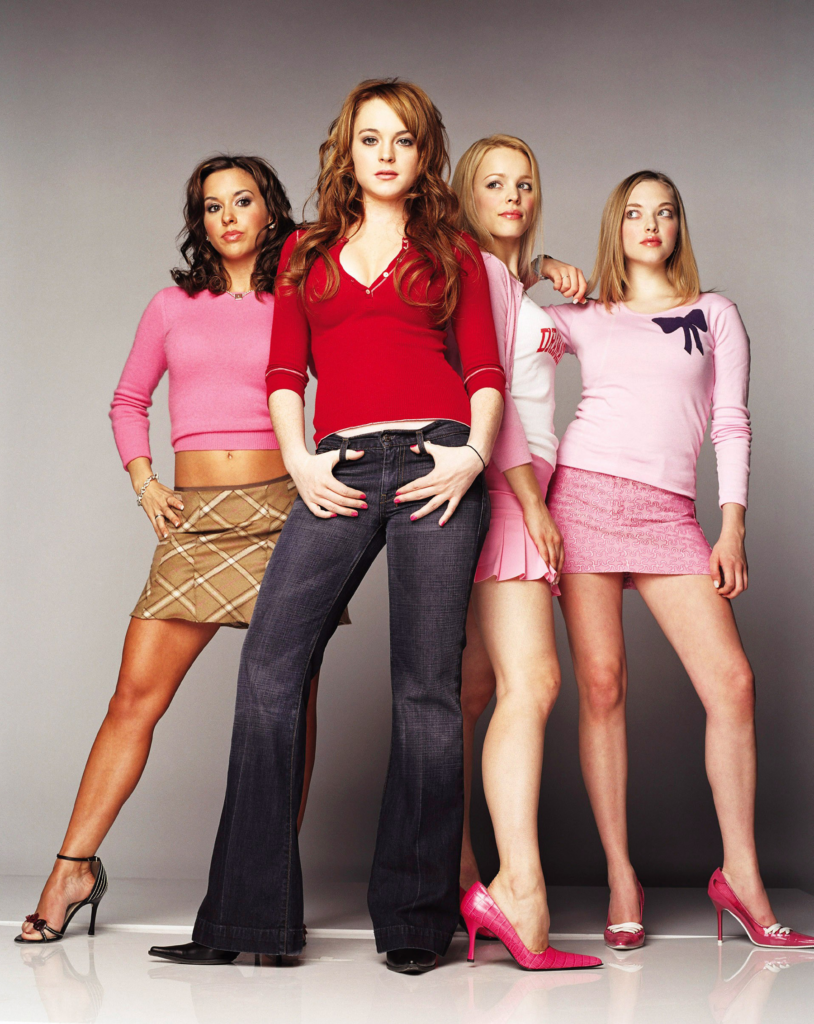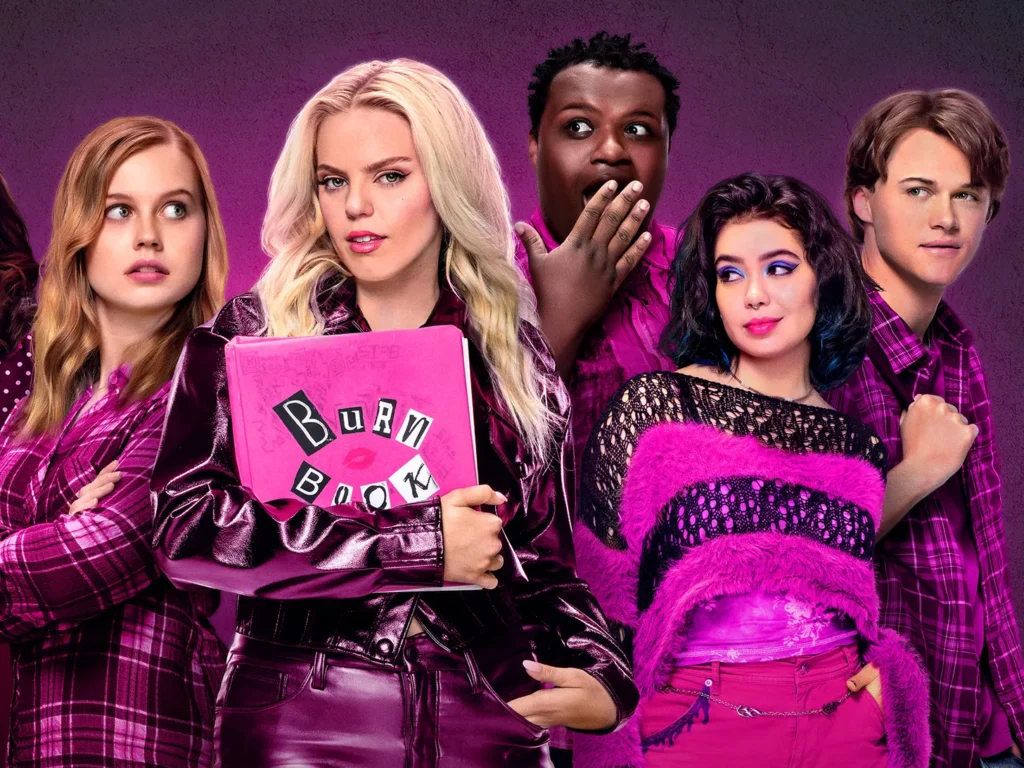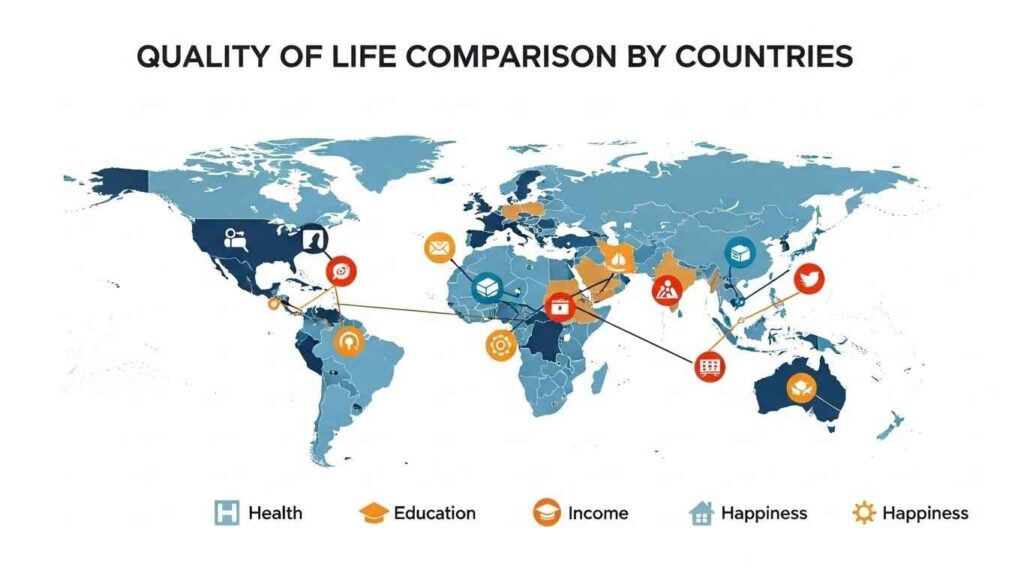
“Mean Girls” is a cautionary tale exploring themes of fear, lust, and pride, based on real events where, despite claims, nobody actually dies—well, except for a girl who experiences a brief period of resuscitation. The movie review revolves around Cady Heron, who, after being homeschooled in Africa, faces the challenges of a typical American high school when her family relocates. The social hierarchy, resembling an animal kingdom’s food chain, introduces Cady to Regina George, the leader of the Plastics, the school’s popular yet mean girls.
Cady, aiming to navigate high school by winning Regina’s favor, soon realizes the complexities of teenage social dynamics. With the help of new friends Janis and Damian, Cady plans to turn the tables on Regina, questioning how far she is willing to go to fit in and whether she will succumb to the same mean behavior.

Positive Elements:
“Mean Girls” is a satirical film that exaggerates character traits to highlight the absurdity of certain behaviors. While the film should be taken with a grain of salt, it conveys positive messages about the consequences of being mean, the value of true friendships, and the importance of staying true to oneself. Cady’s mother encourages her to face the challenges of high school, emphasizing the potential for personal growth and learning social skills.
Ms. Norberry, a teacher, acts as a mediator during conflicts among students, encouraging them to take responsibility for their actions and stop tearing each other down. Characters apologize for their mean behavior, and the film portrays overcoming insecurities and learning to be genuine.
Spiritual Elements:
No spiritual elements are present in the film while reviewing this movie.
Sexual Content:
The film includes provocative dressing among teenage girls, with formfitting, low-cut outfits, visible bras, and short skirts. Regina’s introduction song involves suggestive actions, and a song titled “Sexy” features sexual references and a provocative dance number. Dating and sexual themes are pervasive, with instances of making out in various places, discussions about bra sizes, and sexual innuendos. LGBT representation is notable, with characters exploring their identities.
Violent Content:
In this movie review, we encountered a few instances of violence including a girl being hit by a school bus (without fatal consequences), a physical fight among girls when a book of rumors is discovered, and a girl accidentally being hit during a situation. A girl is shown fantasizing about seeing another character in half, and violent actions are described in song lyrics.
Crude or Profane Language:
In this movie review, we found that this film includes several uses of profanity, such as the s-word, f-word (implied), and other vulgar language. God’s name is misused multiple times, and characters are called derogatory names. Crude gestures and jokes are present throughout the movie.
Drug and Alcohol Content:
Teens drink alcohol at a party, and there are references to drug-related rumours, including a teacher humorously labeled as a “pusher.” Some scenes involve characters attempting to buy drugs, while others mockingly suggest teachers getting “wasted” at a school function.
Other Negative Elements:
The film depicts mean-spirited behavior, gossip, and betrayal among teenagers. Characters engage in schemes to embarrass and harm each other, and the pursuit of popularity leads to compromises in integrity. The portrayal of LGBT characters is heightened compared to the original film found during the Mean Girls movie review.
In alignment with the film’s title, the characters at North Shore High School in this remake display significant meanness. The Plastics, led by Regina, repeatedly try to humiliate Cady for their own entertainment. They engage in deceit and gossip and maintain a “Burn Book” filled with insults about their peers. Regina’s cruelty extends to her friends, and Janis and Damian, supposedly the nice kids, also participate in relentless gossip and name-calling. Unfortunately, Cady succumbs to this negativity and betrays her friends for popularity.
Despite the unacceptable behaviour, the film explores the reasons behind the characters’ actions. Insecurities, especially regarding physical appearance, drive their desire to fit in. Janis highlights gender double standards, suggesting that allowing girls to express their feelings physically might reduce meanness.
The portrayal of teenage rudeness, lying, gaslighting, and mistreatment by peers is prevalent. Instances of blocking, exclusion, and bullying contribute to a hostile high school environment. The film also includes crude comments and references to bodily functions.
While the remake made positive changes, such as removing certain storylines and humanizing Regina, it amplified LGBT content. The deeper messages about adolescent behaviour were somewhat diluted. Interestingly, except for Reneé Rapp as Regina George, the acting was considered weaker.
In this review, we want parents to know the film’s crass content. Also, the foul language and hyper-sexualization of teenage characters. It’s emphasized that the actresses portraying these characters are not actual teenagers, which may contribute to unrealistic beauty standards.
In conclusion, if parents hesitated to allow their teenagers to watch the original Mean Girls, the same reservations should apply to this remake. Open discussions about the film’s problematic aspects can help teenagers understand the implications of dealing with Mean Girls and the portrayal of such dynamics in Mean Girls.










